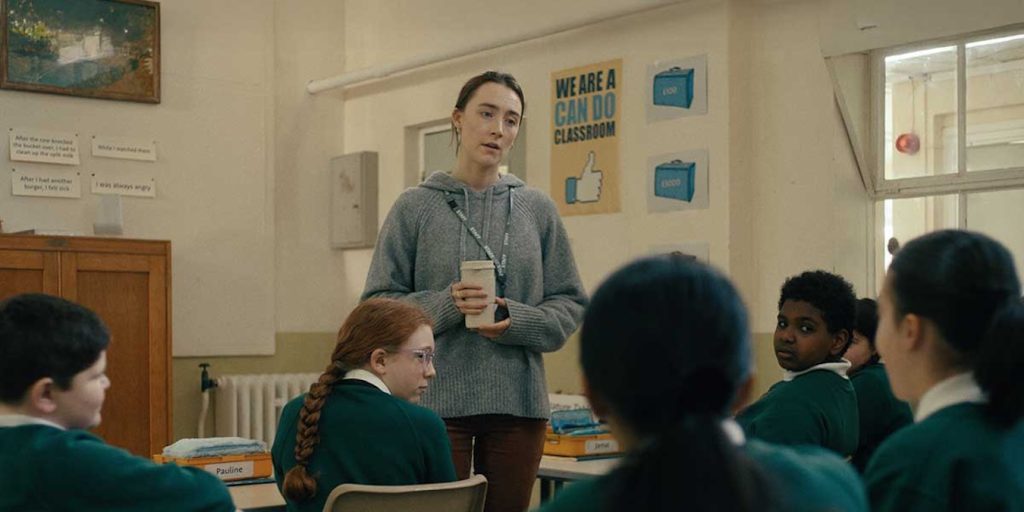Following Jennifer Kent and The Nightingale deep into the heart of darkness is harrowing but also deeply rewarding — if you can stomach the experience of this full-on gothic waking nightmare. Slicing and dicing its way through any lingering notions of romance even the most well-intentioned modern Westerns (here’s looking at you, Hostiles) have about white male heroism and “the way things were,” the film’s brutal and unrelenting violence is never for show or for shock value. The magnitude of The Nightingale’s brutality may alienate some viewers (if early festival audiences are anything to go by), but it acknowledges the fundamental truths of colonialism — and its effects that still loom large nearly 200 years later — whether we want to collectively acknowledge them or not.
Set in 19th-century Tasmania during the so-called Black War (set off by massive European immigration, forced and otherwise), the Australian writer-director’s masterful and complex follow-up to The Babadook stars Aisling Franciosi as Clare, a young Irish prisoner sent to Australia to work as an indentured servant, and Baykali Ganambarr as Billy, an Aboriginal tracker who has witnessed the decimation of his tribe’s land and way of life under colonial rule. After Clare is made to watch as her loving husband and baby daughter are murdered at the hands of the sadistic British officer, Lieutenant Hawkins (Sam Claflin, who should be commended for his commitment to going all-out vile), who repeatedly raped her and refused to grant her the freedom she’d rightfully earned, she’s left for dead.
When she wakes up, she’s a changed woman, and she sets off into the bush to seek her revenge, enlisting Billy as her reluctant guide. Kent and cinematographer Radek Ladczuk (the man responsible for The Babadook’s canted camera angles and gloomy, overcast feel) skillfully jump between sweeping shots of the dense, looming wilderness and then tighter shots of the humans traversing it. As Clare and Billy journey further and further into the thick, unforgiving vegetation in search of the officer and his party, these two people from very different backgrounds are drawn closer together, coming to realize the commonality of their outsider status and what they’ve each had wrenched away from them because of it.
Still, Kent is careful to acknowledge their difference in status in the world they inhabit — as a white woman, even though she’s convicted criminal from a poor Irish family, Clare (who displays some of the same racist behaviors early on, referring to Billy as “boy” and ordering him around) is often afforded some dignity that Billy is denied in his own native land. When a (relatively) less brutish white man they encounter tells him to sit at the table and eat with the rest of the group rather than on the floor in the corner, his eyes well up with tears — not out of thankfulness at the man’s unexpected kindness, but out of sadness and anger that native Australians have been reduced to second-class (or even third-class) status on their own soil.
It’d be hard — if not impossible — to sit through all this grimness without the incredibly compelling performances by Franciosi (previously known for television roles on shows like Game of Thrones and The Fall) and Ganambarr (a Djuki Mala dancer who gives an incredible debut performance as an actor here). The pair really anchor The Nightingale and provide some much-needed humanity in a world that sorely lacks it, and the final scene on a beach at sunrise (the anticipated dawn after so much darkness) may be one of the most beautiful ever committed to film — although don’t expect Kent to give anyone a resolutely happy ending.



